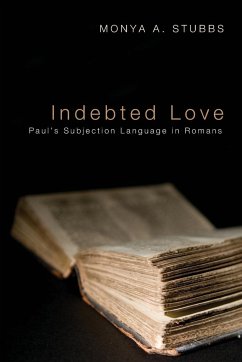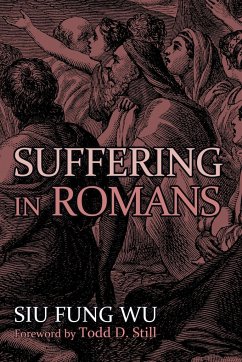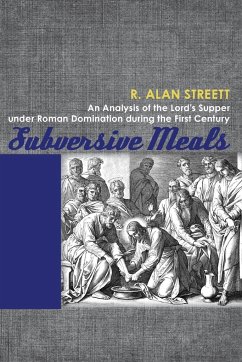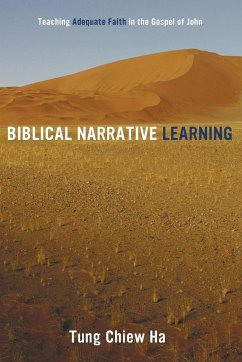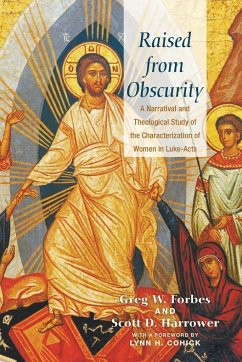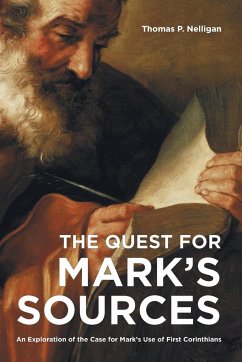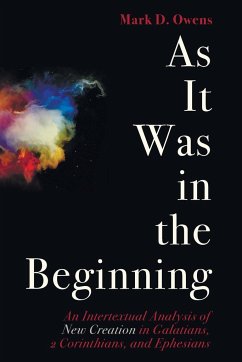For Paul, the gospel message is simple, yet profound: Be subject to God. But, subjection for Paul means recognizing that the gift of God to one is the capacity to acknowledge and appreciate the gift of God in another. Paul argues that God's reconciling work in the world is manifest through the process of all people (Jews and Gentiles) understanding themselves in a mutually indebted relationship with each other. The power of the gospel, according to Paul, empowers these groups to function out of a mutually indebted mindset and enables them to discern and demonstrate the good, perfect, and acceptable will of God. In establishing his argument Paul gives considerable attention to hypotass¿ (subjection), dokimaz¿ (discern), phron¿ma/phrone¿ (mindset/way of thinking), and metamorphomai (transform) as key theological concepts. In this light, Monya Stubbs analyzes the ways in which Paul speaks about subjection, engages in reflection, and exhorts his readers to transformation--a type of transformation necessary for those to whom he exhorts to walk in the nearness of God's salvation power. Focusing on these categories, Stubbs helps us recognize the ways in which the text explores ideological systems of convictions and their implications for human relationships.
Bitte wählen Sie Ihr Anliegen aus.
Rechnungen
Retourenschein anfordern
Bestellstatus
Storno

